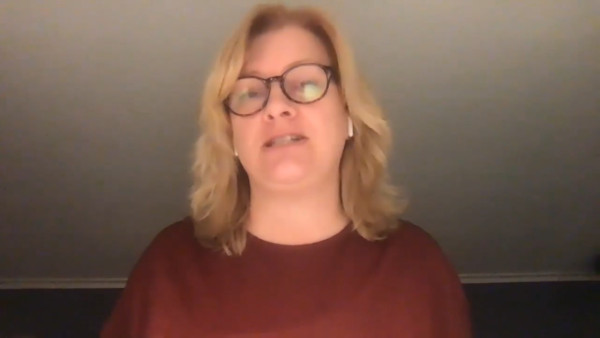“Back to the future”: Socio-technical imaginaries in 50 years of school digitalization curriculum reforms
DOI:
https://doi.org/10.7577/seminar.4048Abstract
This paper examines major Swedish school digitalization curriculum reforms over the past 50 years by analyzing similarities and differences between the late 1960s, mid-1990s, and early 2010s curricular reforms. By drawing on Jasanoff’s (2015) socio-technical imaginary concept, we examine how digitalization reforms are constituted discursively and materially in struggles over curricular knowledge content, preferred citizenship roles, and infrastructural investments and especially by relating curricular reforms to governance transformations. One recurrent strategy of reform is what we call the back to the future argument, where curricula address an ideal citizenship of future societies, politically used to support change. We suggest that in the more than 50 years of school digitalization issues, it has been surrounded by strong and shifting struggles over the curriculum content and governance transformations. This pendulum movement (Englund, 2012) has taken place partly through central, state-led or new monopolized technology governance and infrastructures and partly through decentralized forms of governing (e.g., in municipal contexts and via IT-supported networks).

Downloads
Published
How to Cite
Issue
Section
License
Copyright (c) 2020 Annika Bergviken Rensfeldt, Catarina Player-Koro

This work is licensed under a Creative Commons Attribution 4.0 International License.
Seminar.net is a fully open access journal, which means that all articles are available on the internet to all users immediately upon publication. Use and distribution in any medium is permitted, provided the author and the journal are properly credited. The journal allow reuse and remixing of content in accordance with a Creative Commons license CC-BY
- The journal allows the author(s) to hold the copyright without restrictions.
- The journal allows the author(s) to retain publishing rights without restrictions.
- Seminar.net does not charge authors for publishing with us.